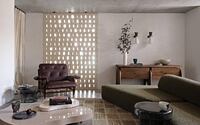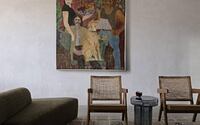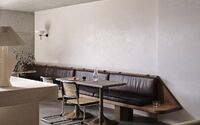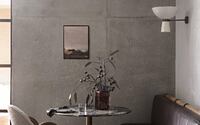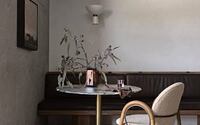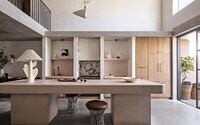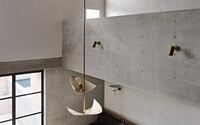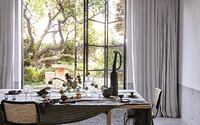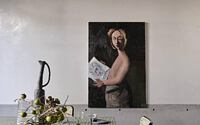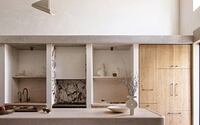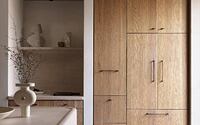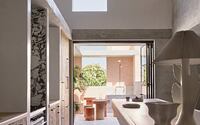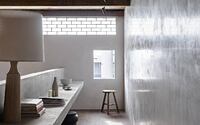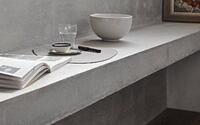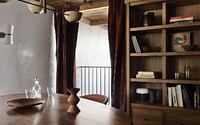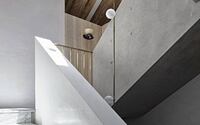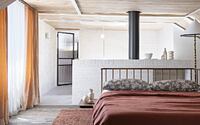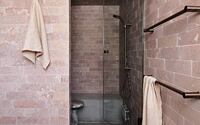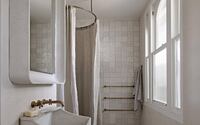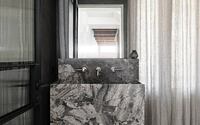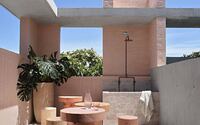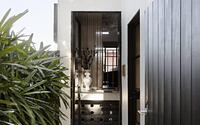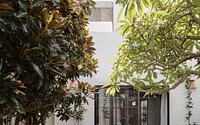Alexander House by Alexander &Co.
Alexander House is a modern residence redesigned and extended by Alexander &Co., located in Sydney, Australia.

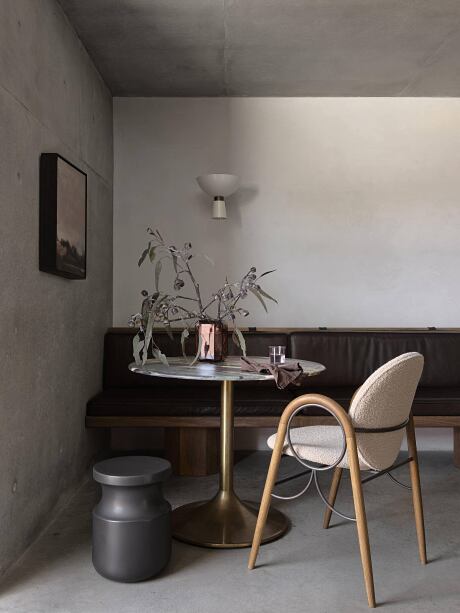
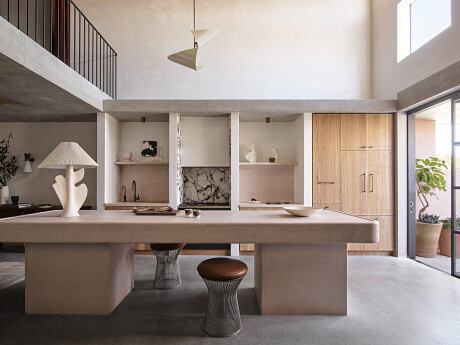
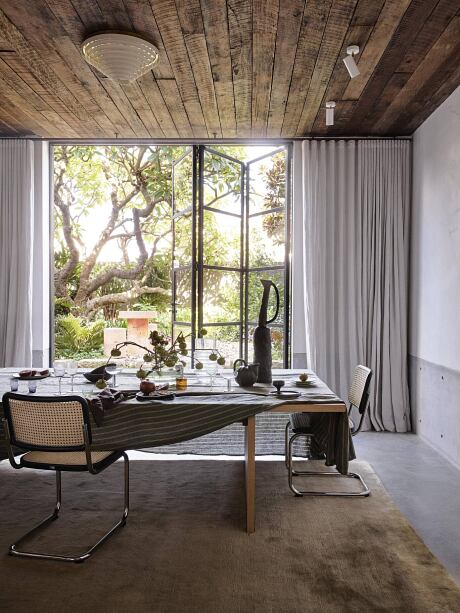
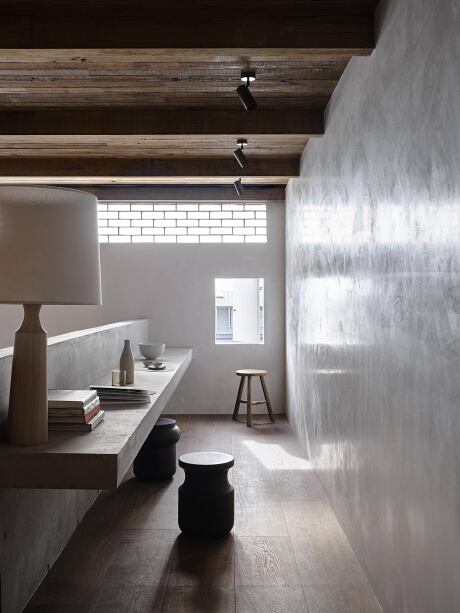
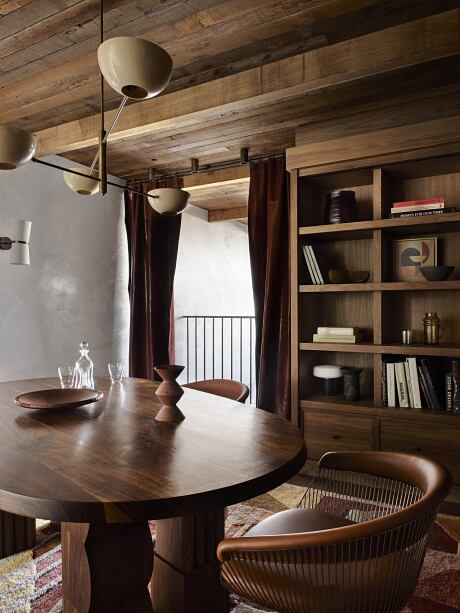
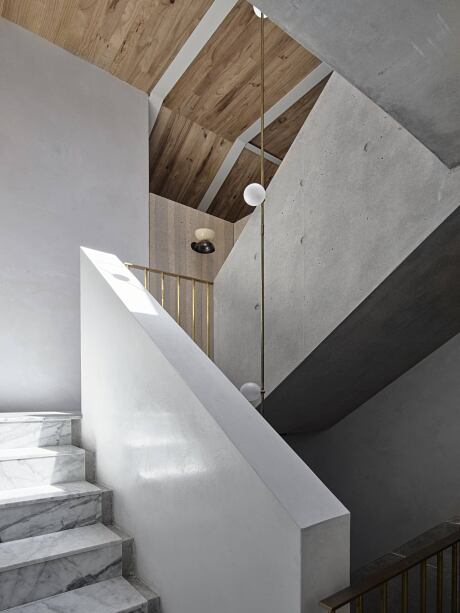
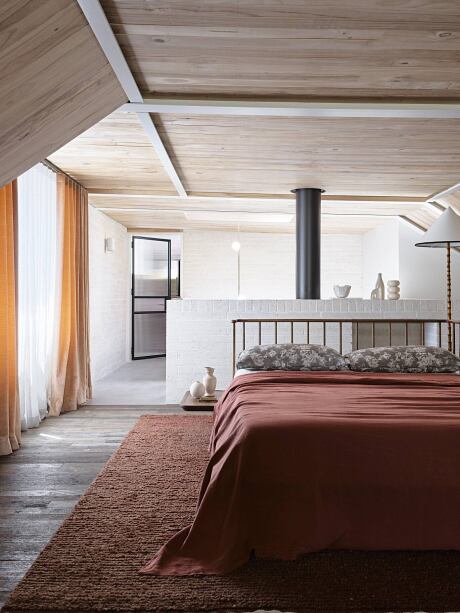
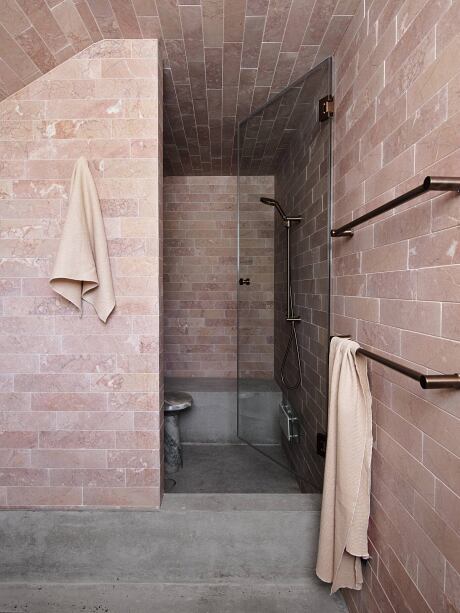
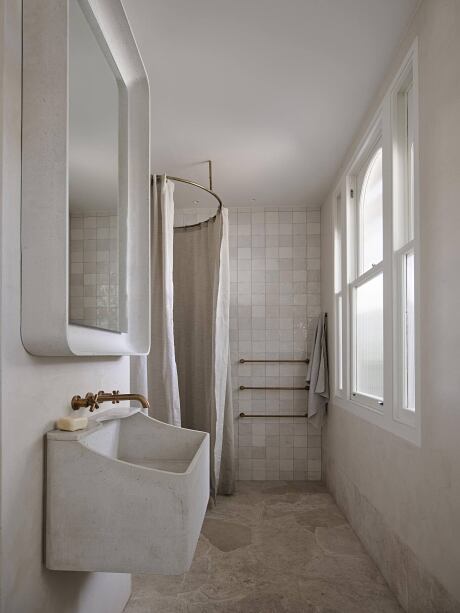
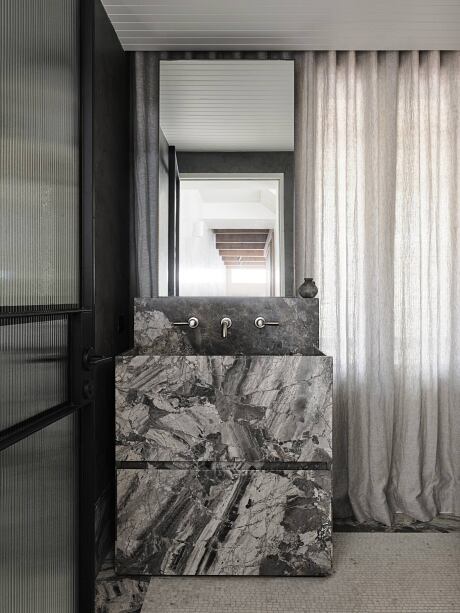
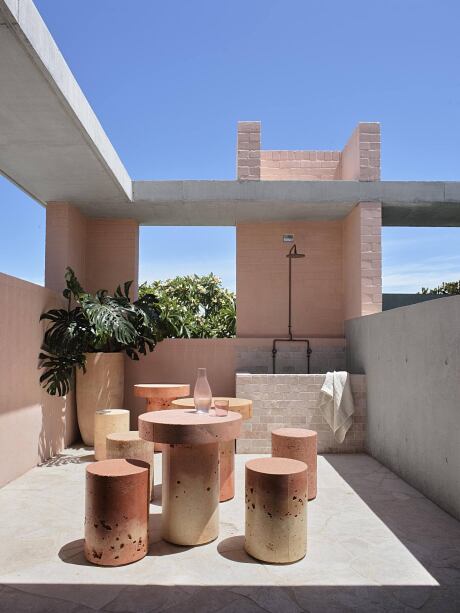
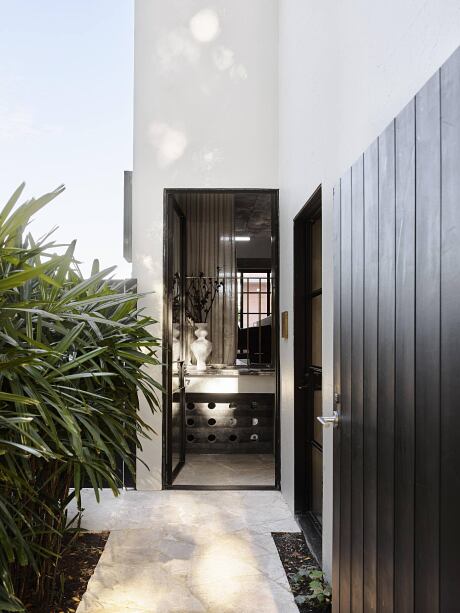
Description
An Overview
Alexander House (AH) is the home of Alexander &CO. where our team work from and where our clients meet with us. It is an architectural residential showcase and a purpose-built live/work set up aiming to challenge preconceptions of home, land, family and work. Importantly, AH is also a prototype for exploring sustainability, carbon sequestration and environmental innovation.
The Vision
Alexander House is our new way of practicing our craft. A courageous space to foster leadership, creativity and learning. Designed as a safe space for reflection, experimentation and to nurture the creative spirit, AH is our thesis, prototype and a place for our team and community to test out and challenge ideas.
We look forward to hosting events, “Creative Conversations” and utilising AH to open a wider dialogue on our industry, impacts and our potential to introduce change.
We are passionate about local artists and are underway with discussions regarding a moving gallery concept – perhaps even a future artist in residence.
We are also committed to educating and engaging our team around reconciliation and have engaged Susan Moylan-Coombs from the Gaimaragal Group to host a series of ‘Cultural Conversations’. We are looking forward to sharing these discussions with our team and wider community.
The Materials
As well as reclaimed timbers, rammed earth bricks from waste materials, a cohesive material palette of concrete, polished plaster, steel, brass and stone accents have all supported our aesthetic vision which fosters a ‘found’ feeling. We have chosen finishes and materials which are inherently imperfect. Materials are deeply expressive and were selected to show their age, as is the case with the sandblasted timber and brass which could blacken and develop over time.
The Space
Conceived as a design laboratory, AH supports a diversity of uses including; working environments for both collaboration, meetings and solo time. Site limitations encouraged creativity when it came to encompassing the various program functions our team required within the small terrace footprint with each of the four floor plates conceived to be programmed separately and transition with time.
There are both private exterior spaces and internal environments which vary in material, scale, lighting and volume. Each space allows us to provide both a true residential showcase experience for our clients and a flexible working environment for our team.
Spaces include;
● An open plan cafe/kitchen/living area with banquette seating that can accommodate our team of 24
● Avoluminous basement area that houses workstations and our material library
● A mezzanine level with an off-form concrete bench for quiet working as well as a private library and meeting room.
● Three bathrooms (all with toilet and shower) with very different aesthetic and material directions
● A loft area that has a breakout space for internal meetings and sleeping accommodation for our interstate team and community
● Wellness amenities include a steam room, outdoor shower, ice bath and pool.
The Craftspeople and Collaborations
AH is a space that champions the local craftspeople within our design community who we worked with to create bespoke pieces and continue to work in collaboration with daily to bring our client visions to life. Each new material, technology or detail is the result of collaborative innovation with local suppliers.
Some of these collaborations include;
● Rammed earth panels pressed on site and a series of outdoor furniture (called the Hima series) were both made in conjunction with the team at Re. Studio Collective. These pieces are made from recycled building waste from the demolition of the original building using a rammed earth technique. The company created the custom pink oxides and these pieces are the first in the world of this kind that we know of.
● We were also the first in the world to use the Lutyens bricks; handcrafted and made of recycled materials by Natural Brick Co
● A custom pink concrete kitchen bench by Concrete Bespoke weighing half a tonne was craned in through the front door
● A custom leather curtain was inspired by special trips Jeremy Bull and Tess Glasson had to Peter Zumthor’s Vals Therme. We worked closely with a master upholstery craftsman, Charlie Charbel from Home Upholstery who is a true artisan and created several leather prototypes before the final product was installed in our library space.
● We created a custom collection of bespoke ceramic tableware with the team from Studio Enti. These were all made from recycled porcelain
● Two custom lighting pendants were made in collaboration with Shaun Dudley of The Lighting Guild, including a 7m long pendant which is suspended from the skylight void of the concrete stair and connects all four levels.
● We were the first in Australia to have the Miniforms Soda Side Table in petrol from James Richardson Furniture. Weighing 20 kilos, these pieces are hand blown, drawn out and shaped by three master glassmakers.
● A number of bespoke furniture pieces were created in collaboration with local furniture maker Hugh McCarthy including a Brazilian modernist inspired living room console, custom drinks trolley and totem leg walnut meeting room table
● In conjunction with furniture maker Athol Wright of CDF Studio, we commissioned a 6m long walnut banquette in our kitchen which seats all 23 of our team and a natural grain walnut floor-to-ceiling bookshelf for our library
● Several special vintage pieces were also sourced for the space including;
○ An iconic Jean Gillon for Italma Wood Easy Lounge Chair which was purchased from a local dealer and completely reconditioned and reupholstered by renowned mid 20th century upholster and restorer, Demuz Design who ensured all original details were maintained. Taking over 40 hours of work, the leather from the Elmonordic range from InStyle was flown in especially from a tannery in Sweden for this piece.
○ A vintage Roche Bobois freeform coffee table for the living space
○ A pair of family heirloom pine chairs were uncovered at our Principal Jeremy Bull’s family holiday home, these were handcrafted by his grandfather in the 1960’s and now reside in our mezzanine space.
● A range of Australian artists feature throughout AH including a Sarah Nedovic Gaunt ceramic lamp, Lumpy Vase by Jordan Fleming (Jordan is also one of our talented team members) and pieces by Denise Hojdyssek, Jack Lanagan Dunbar and Justin Williams (COMA Gallery), Mclean Edwards (Olsen Gallery) and Greg Wood (Otomys)
Sustainability
AH is also a prototype for exploring sustainability, carbon sequestration and environmental innovation. Some of these initiatives include;
● We have installed two underground tanks with a total water storage of 22,000 litres. This water is used for our sanitary and irrigation system.
● We also have a greywater reuse system which is used for our garden irrigation.
● Alongside this, our solar system generates up to 45KWH of power per day and 13kwh stored within our Tesla power wall battery, giving us the daily capacity to supply 60 – 80% of our own electrical supply.
● Our separate solar hot water system provides all water heating.
● Underground level, we have installed two Subpod worm farms which mimic conditions found in nature and process up to 30L (15kgs) of our food waste weekly.
● We have also begun the process of eliminating all single-use plastics; changes include replacing pens with our team using a refillable, reusable Lamy pen and inkwells only.
● Internal timber linings and structures are reclaimed, harvested and reused where possible and help to sequester existing carbon reserves whilst also minimising ‘fit-out’ materials.
● By using substantially fewer pesticides, treated timbers, VOC’s and manmade blue light we have aimed to create an environment that is healthier for our people.
The architecture itself became an experiment for sustainability too. While cross-ventilation was mandatory within the design, further measures include the addition of a west-facing glass block wall section which allows for a high light input while excluding heat. On the rooftop, a west-facing terrace structure and mass screening prevent further heat absorption, and an externally insulated and internally thermally massive wall system creates an internal ambient temperature which varies slowly.
Photography by Anson Smart
Visit Alexander &Co.
- by Matt Watts